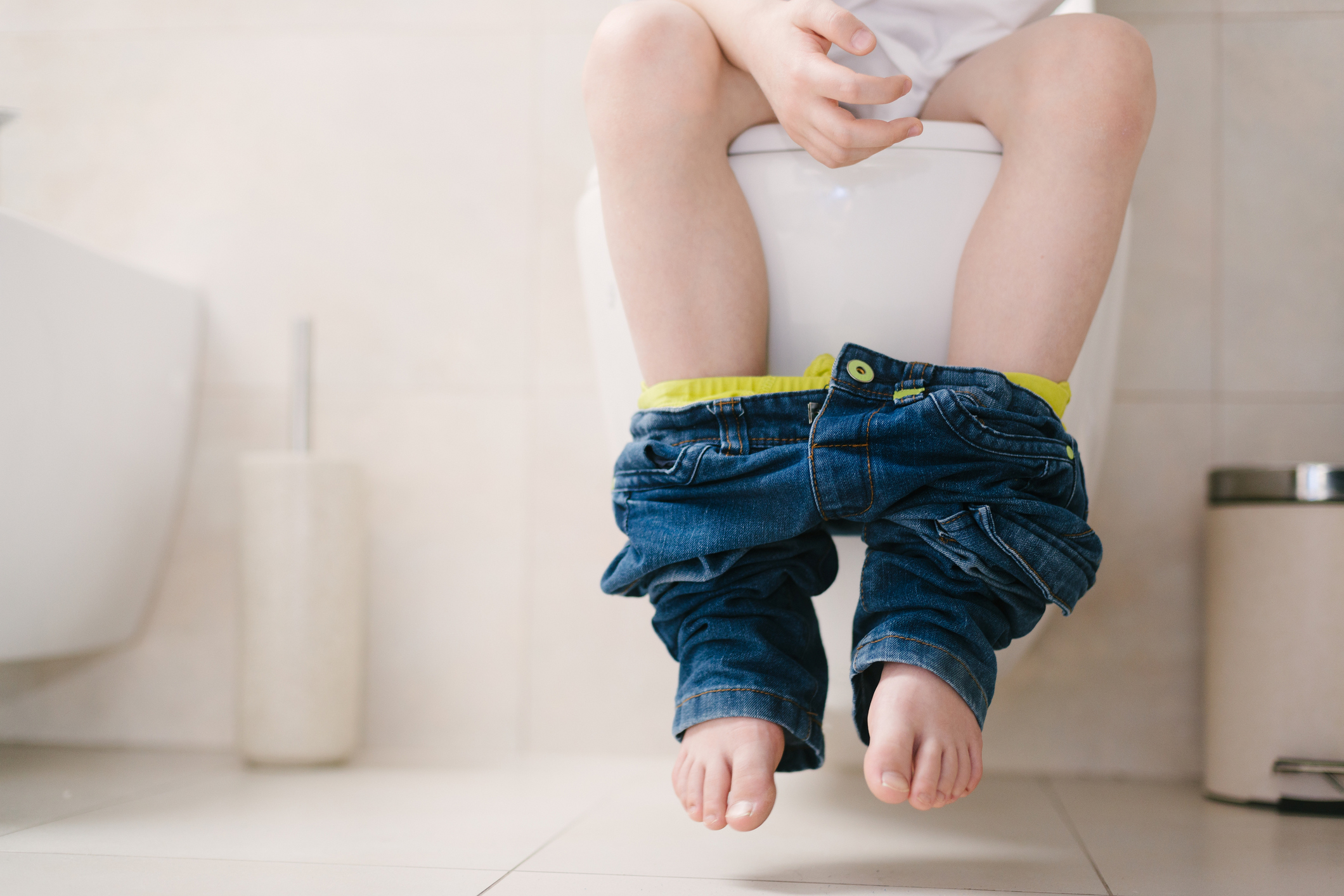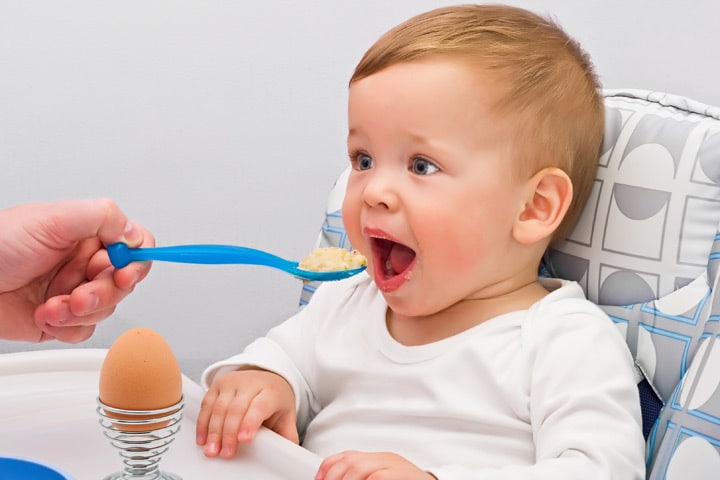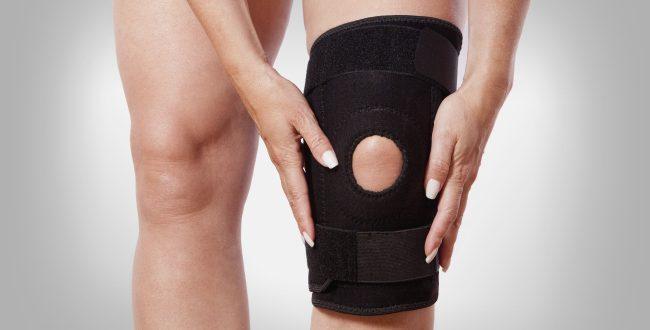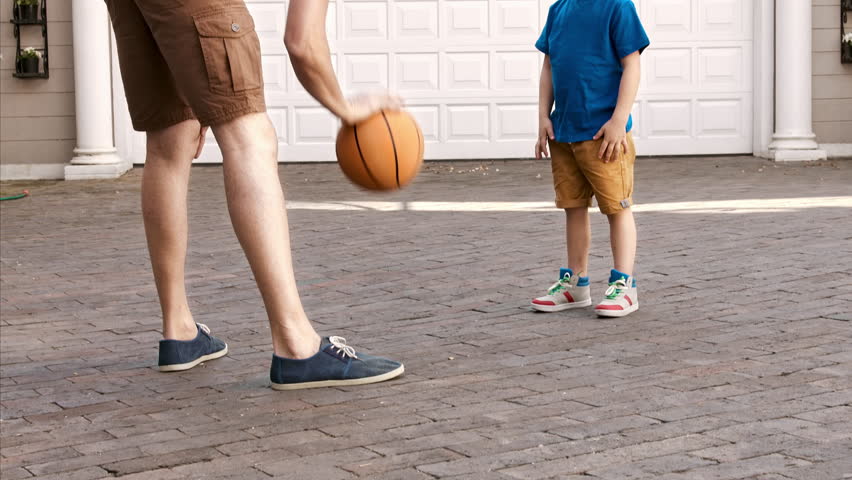Contents:
- Medical Video: How to Empty Your Bowels Without Straining
- Is it safe to give laxatives for children?
- Safe type of laxative for children
- What should be done so that the child is not constipated again?
Medical Video: How to Empty Your Bowels Without Straining
Not only adults can experience disruption in defecation schedules. Babies and children can have the same problem. Yes, difficulty defecating or constipation can be caused by several things, but mostly due to unhealthy eating patterns. Then what can parents do if their child has constipation? Can parents provide laxatives for children? What types of laxatives are safe for children?
Is it safe to give laxatives for children?
Unlike adults who already understand their own body condition, for children who are still small, especially toddlers, maybe they just feel stomach ache or stomach feels full until the appetite decreases. If your child experiences this and you realize that he hasn't had a bowel movement in the past few days, then chances are your child has constipation.
Laxatives are drugs that are usually relied on to treat constipation. Although most cases, laxatives are used by adults, but this drug may be given to children who experience constipation. But you should discuss and consult with the pediatrician to get the right type of laxative.
There are two ways laxatives work for children to overcome constipation they suffer, namely by msoften stools that are hard to remove from the body due to being too dry and hard, and mstimulation of bowel movements to remove feces that accumulate in the intestine.
Safe type of laxative for children
Usually, there are several types of laxatives for children that are safe and able to deal with symptoms of constipation experienced, such as the following:
- Laxatives to soften feces, such as lactulose (Laevolac), docusate (Coloxyl), and mineral oil. Lactulose is liquid, so you can mix it into juices or children's drinks. While the types of docusate drugs are capsules or tablets which are usually given to children who experience constipation that is not too severe.
- Stimulant laxative, which serves to stimulate the child to remove impurities in his intestine. Some examples of these types of laxatives are sennoside B (Senokot) and bisacodyl (Lax-tab and Dulcolax).
What should be done so that the child is not constipated again?
Not that laxatives for children can continue to be given when they experience constipation. Still, laxatives that were previously given only to stimulate the intestines to be able to excrete.
After your child has recovered from constipation, prevention and changing the child's lifestyle is your job as a parent. Many things you can do to prevent this condition from happening again later on, such as:
- Make sure that your child drinks at least 6 to 8 glasses of mineral water per day. If your child is a toddler, then the count includes milk or milk that he drinks.
- If a child can eat solid food, you should get used to eating various types of fruits and vegetables.
- Motivating children to do physical activity, do not need to exercise like that must be done by adults. Simply inviting him to play outside the home alone has become a physical activity for children.
- Get used to taking it to the toilet every morning after eating. Sometimes some children have difficulty defecating due to not being used to defecating in the toilet. Teach children slowly to use the toilet when they feel like defecating.












